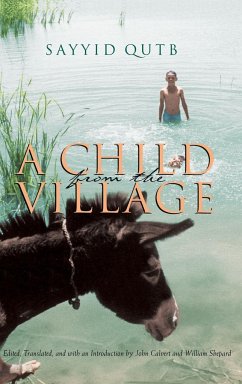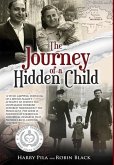This autobiography tells of the early years of a person who, in later life, would become one of Egypt's most influential radical Islamist thinkers. This memoir - a document of substantial historical value - tells of Sayyid Qutb's childhood in the village of Musha in Upper Egypt. The book documents the era between 1912 and 1918 - a decade of immensely important influence on the creation of modern Egypt. Written with much tenderness toward childhood memories, it has become a classic modern Arabic autobiography. The book offers a clear picture of Egyptian village life in the early twentieth century, its customs and lore, educational system, religious festivals, relations with the central government, and the struggle to modernize and retain its identity. intensity of Qutb's prose in their rendering of the work into English. Their masterly introduction situates the book in its cultural environment and Sayyid Qutb in his historical context. Although Qutb (1906-1966) is not a household name in the United States, he is well known throughout the Islamic World as the foundational thinker for a significant portion of the contemporary Muslim intelligentsia, including such non-Arab countries as Pakistan and Malaysia. In 1965 he published his famous his famous book, Mallem Fittareek (Milestones) after which he was accused of conspiring against the Egyptian president, Abdul Nassar and arrested. He was tried and sentenced to death. A Child From the Village was written just prior to Qutb's conversion to the Islamist cause and reflects his concerns for social justice that would eventually express itself in Islamic terms. 9/11: he has received attention in publications such as The New Yorker, The New York Times, and The Guardian, to name a few.







